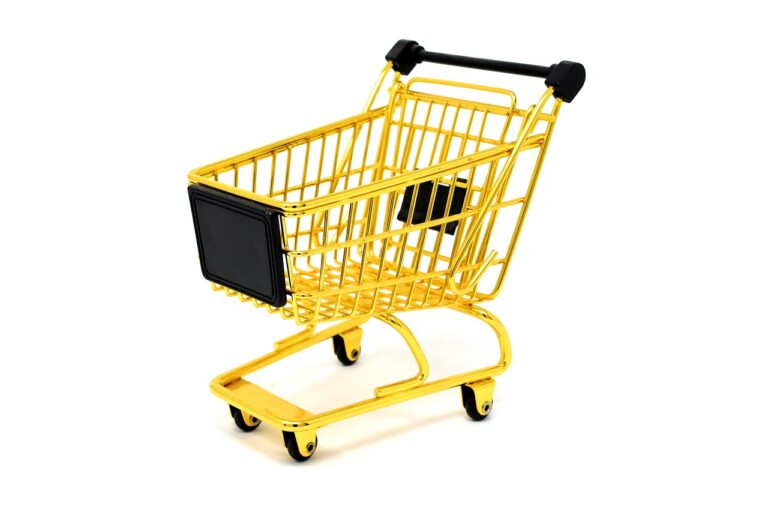The Role of Appliance Connectivity in Sustainable Grocery Shopping: Smart Solutions for Planning and Waste Reduction
betbook250 login, reddybook id, playlotus365:In today’s fast-paced world, where convenience often trumps sustainability, smart solutions are becoming increasingly important in helping individuals reduce their environmental footprint. One area where technology is making a significant impact is in sustainable grocery shopping. By leveraging appliance connectivity, consumers can better plan their purchases and reduce food waste, ultimately contributing to a more eco-friendly lifestyle.
Planning Ahead with Smart Appliances
Smart appliances, such as refrigerators and pantry organizers, can be connected to a central hub or app that helps users track their inventory and expiration dates. By knowing exactly what items they have on hand, consumers can avoid purchasing duplicate items or letting food go to waste. This not only saves money but also reduces the amount of food that ends up in landfills, where it contributes to greenhouse gas emissions.
Creating Shopping Lists Automatically
With the help of smart appliances, consumers can set up automatic shopping lists based on their inventory levels and meal plans. By syncing their fridge, pantry, and meal planning app, users can ensure that they only buy what they need, reducing impulse purchases and again, minimizing food waste. This level of connectivity also allows for more efficient shopping trips, saving time and energy in the process.
Monitoring Energy Usage
In addition to helping with meal planning and shopping, smart appliances can also provide insights into energy usage. By monitoring energy consumption, consumers can identify opportunities to reduce their environmental impact and save on utility bills. This data can help individuals make more informed decisions about their usage habits and encourage them to adopt more sustainable practices.
Reducing Plastic Waste
Smart appliances can also help consumers reduce their use of single-use plastics. By providing recipe suggestions based on available ingredients or offering tips on how to store items without plastic wrap, these devices can encourage users to make more eco-friendly choices in their everyday lives. This not only benefits the environment but also promotes a more sustainable approach to grocery shopping.
FAQs
Q: Are smart appliances expensive?
A: While smart appliances may have a higher upfront cost, the long-term savings they provide in terms of food waste reduction and energy efficiency can often outweigh the initial investment.
Q: How do I know if a smart appliance is compatible with my existing devices?
A: Most smart appliances are designed to work with common platforms such as Alexa or Google Home, making them easy to integrate into your existing smart home setup.
Q: Can smart appliances help me save money on groceries?
A: Yes, by helping you plan meals more efficiently and avoid unnecessary purchases, smart appliances can help you save money on groceries in the long run.
In conclusion, appliance connectivity is playing a crucial role in helping individuals adopt more sustainable grocery shopping practices. By leveraging technology to plan ahead, reduce waste, and make more informed decisions, consumers can make a positive impact on the environment while also enjoying the benefits of a more efficient and cost-effective shopping experience.





